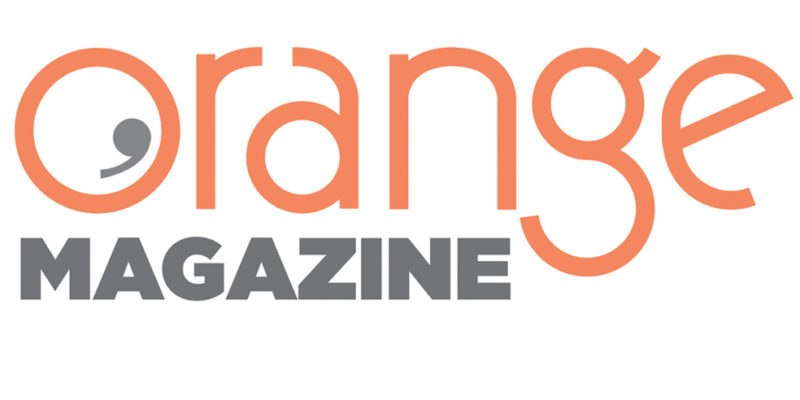Young filmmaker Asli Özarslan portrays emerging Ballhaus Naunynstraße theatre in her debut documentary “Bastarde”
Asli went for the first time in the Ballhaus Naunynstraße theatre in 2008. She was born in the neighbourhood and she was curious: she had just heard of a new theatre in Kreuzberg area self-called post‐migrant. “I was totally impressed! It was my first time seeing reatheatre without clichés. They were playing with identities in an amazing way!”
She left the theatre with the feeling she had to make something out of it: the idea of creating her first documentary appeared. She collected some funds from family, friends, her university and a Rotary Club and the end of last year started to work. The result is just released and it’s called ‘Bastarde’. “A provocative way to say hybrid”, she details.
The premiere was in a close cinema, Moviemento, and the welcome was overwhelming. “I was just expecting 50 persons or so… but finally the cinema became full! There were even people standing up! It was just marvellous”.
Awarded project
‘Bastarde’ is only 35 minutes long but catches the spirit of a theatre that has seduced the film director Fatih Akin. The artistic leader of Ballhaus, Shermin Langhoff, has also been awarded recently with the Kairos Prize 2011, one of the most prestigious cultural prizes for artists in Europe. She is one of the protagonists of the film with Morre Tuncay Kulaoglu, Neco Celik and Nurkan Erpulat.
“I’m German,” says Aslin, “but my family comes from Turkey, I’m the third generation. Turkish don‘t care a lot about us. And Germans sometimes don’t consider us fully Germans. Ballhaus has the virtue of understating those people that are in between, just like me”.
She loves theatre that goes beyond the topic. “Media is still stereotyping German‐Turks. Identity is much more complex. We are German and we speak German. But we are lucky our background gives us another perspective when telling stories. That’s all. It doesn’t mean we can only take part in theatre plays talking about immigration. Why can’t we also do a Hamlet?”
Growing idea
Although Ballhaus is every day more popular, there are still many people who don’t know about it. “We showed the documentary in the Bayreuth University DEL where I studied, and many people were surprised. They told me they’ll come to Ballhaus next time they come to Berlin.”
Asli, also journalist, helps to promote it. “There are several universities, even from abroad, interested in screening the documentary. I’m working with English subtitles and I think it can be a great way to spread the word. People from other cities can be inspired and work in similar projects”.
It won’t be easy. Even though there isn’t any other theatre like Ballhaus, they have ongoing economic problems. “They are using a modern language, they work a lot with social networks, but they have to do a constant effort to find new funds. I hope this will change and they will grow and become stronger.”
—-
ALMANCI: THEATRE FESTIVAL STARTING THE 31ST OF AUGUST
‘Almanci’ is a pejorative word used in Turkey. It is comprised by ‘Alman’ (‘German person’) and ‘-cı’ (a suffix, which in Turkish, transforms the noun into an occupational title). Many Turkish-Germans now use the term with humour or, at least, self-confidence. The Almanci festival starts the 31st of August in Ballhaus Naunynstraße and celebrates the 50-‐year anniversary of Germany’s recruitment agreement with Turkey.
By: Marc Serena, (Spain)





